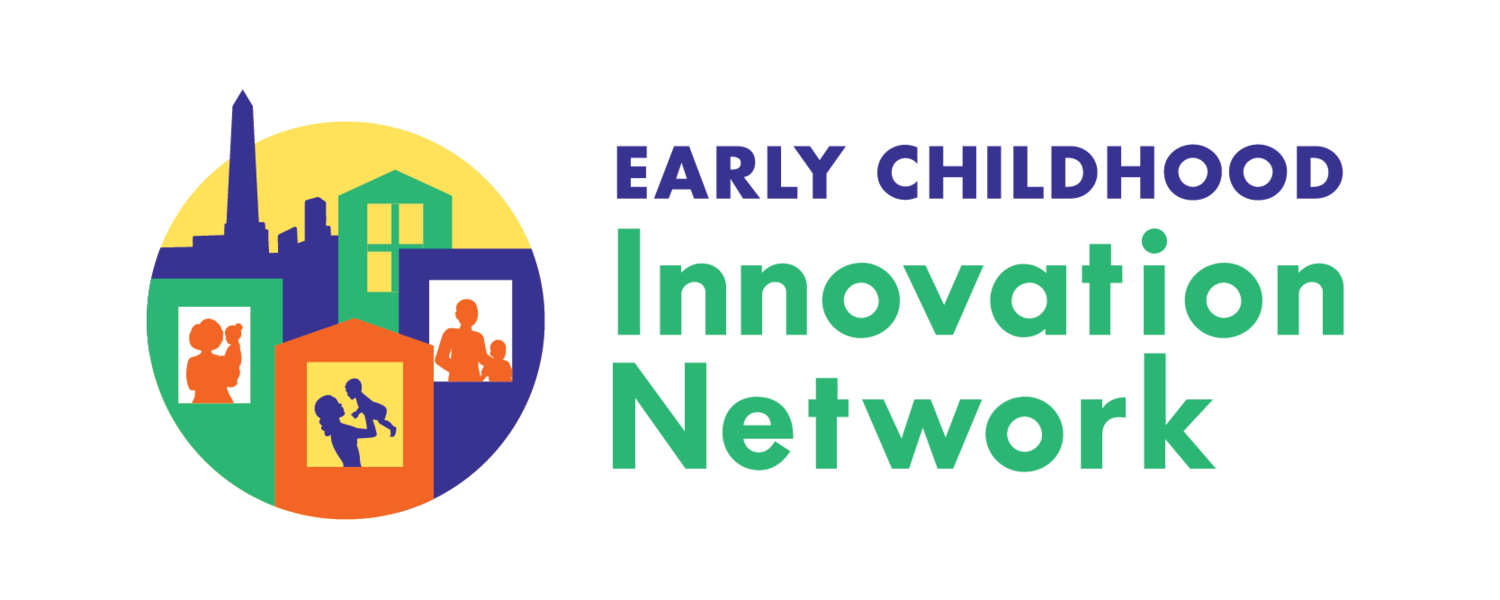Adverse Childhood Experiences (ACEs): negative early life events that can have lasting effects on health and well-being. Examples range from physical, emotional, or sexual abuse to parental divorce, the incarceration of a parent or guardian, community violence, and poverty.
Behavioral health: mental, social-emotional well-being and actions that affect wellness, including substance use issues. ECIN uses the terms “mental health” and “behavioral health” interchangeably.
Caregiver: adults working to ensure the health and well-being of children, including parents, family members, educators, and/or health providers.
Intervention: a combination of services and tools provided to improve a condition or situation.
Multi-generational: involving family members spanning time periods between offspring, including children, parents, and grandparents.
Protective factors: attributes that help individuals, families, and communities to cope with and address stressful conditions and reduce the likelihood of negative outcomes.
Provider: professionals, including healthcare and social services practitioners, that work to improve the lives of children and families using specialized skills.
Resilience: the ability to adapt to difficult conditions or recover from negative experiences.
Setting: specific location where an intervention is offered, typically based in a neighborhood where it can be most useful.
Social and emotional learning: process through which children build the knowledge, attitudes, and skills necessary to manage emotions, make decisions, and build relationships with others.
Trauma: physical, social, or mental damage or injury that can lead to lasting challenges for individuals and families.
Toxic stress: strong, frequent, or persistent adverse conditions that negatively impact the lives of children and families without adequate adult support. There is significant overlap between the terms "toxic stress" and "Adverse Childhood Experiences."

